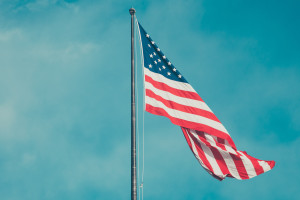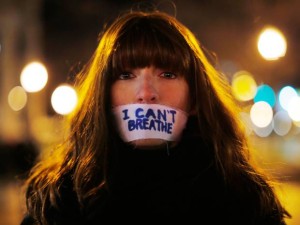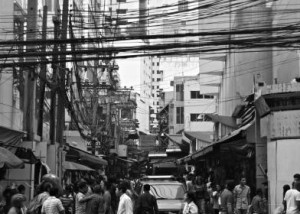On March 9, 1961, a Siera Leonean diplomat, William Fitzjohn, was being driven along Maryland’s Route 40, when he stopped at a Howard Johnson’s restaurant to eat. The manager refused to serve him, informing the irate envoy that this restaurant, like all the roadside eateries on Route 40, was segregated.
On learning of the incident, the Kennedy administration immediately went into damage limitation mode. Fitzjohn was invited to dinner at the White House. The mayor of Hagerstown, Maryland, and Howard D Johnson, the founder of the restaurant chain, made public apologies.
Three months later, the new ambassador from Chad, Adam Malick Sow, was driving to Washington to present his credentials, when he, too, decided to stop at a restaurant along Route 40.
This time, on being informed by the ambassador’s interpreter that the full weight of US-Chadian relations hinged on a cup of coffee, the manageress of the Bonnie Brae Diner responded that Sow should “get his ass out” of the restaurant.
Such mistreatment of the African corps diplomatique did not go unnoticed by the anti-American press.
Throughout 1961, the Kennedy administration tried hard to persuade the governor of Maryland to end racial discrimination along Route 40 before a diplomatic embarrassment escalated into a Cold War incident.
It took three years and three attempts before Maryland grudgingly passed a partial desegregation law. At which point, the tide of history swept across the country, leaving behind the 1964 Civil Rights Act.















